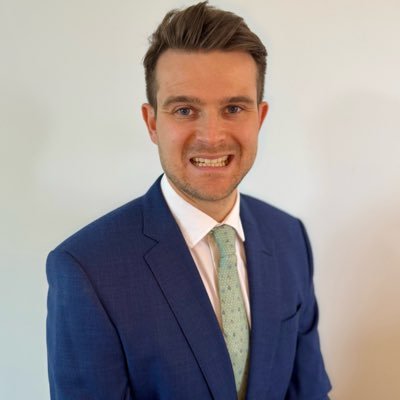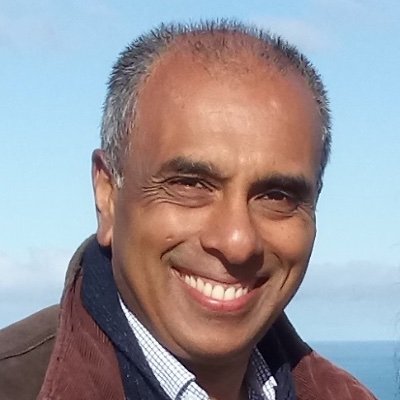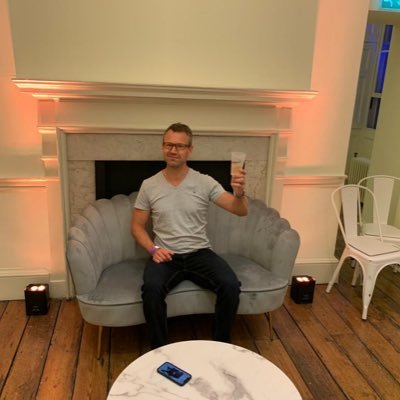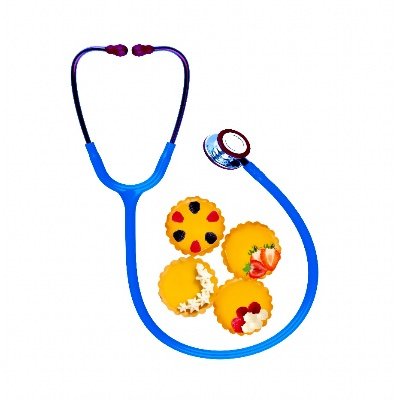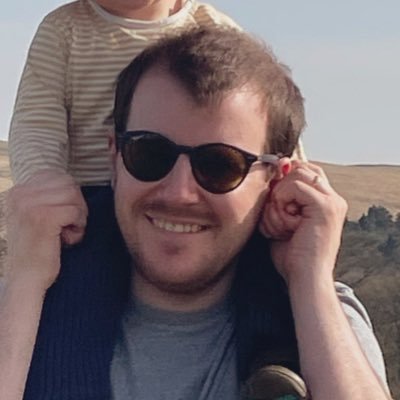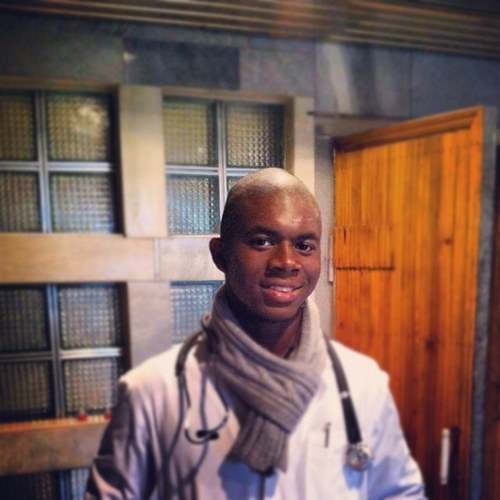One thing that annoys me is when physicians say “soon all surgeons will be is technicians” like the operating isn’t hard, and surgeons who live up to this and say “anyone can be taught to operate”. Decision making is paramount but I’m sorry, not everyone can operate!
I’ve seen some people and they are cack handed and would shit themselves if they saw bleeding from the IVC.
@MStott88 Thought process & decision making pre-, intra- and post- chopping is as important as the chopping itself.
@MStott88 Non-surgeons wildly underestimate complexity and skill of operative decision making. 5% of surgery is diagnosis, and that’s the boring bit (but it’s the bit you learn in med school) 95% is management, and that’s where all the technical and non-technical skills come into play
@MStott88 Yes you can certainly teach people to operate but not everyone can operate. And even those who can may not be able to make those tricky decisions weighing up the pros and cons of surgery v conservative care
@MStott88 ‘Decisions not incisions’ wisest old consultant told me once. I repeat it daily to my registrar, with my addition ‘train hard, fight easy’
@MStott88 I no longer plan on surgery but will always admire the dexterity, muscle memory, attention to detail+ perfectionism of good surgeons. Def a lot of cack-handed surgeons out there, always felt sorry for pts of 1 of my prev cons where every # mandible became a wrestling match
@MStott88 Hence why some are destined to be academic surgeons 😉
@MStott88 But we would at least like them to do a bit of medicine (they did train to do that after all) and treat a person holistically rather than thinking that’s someone else’s job. They’re your patients. Medicine is busy enough as it is.
@MStott88 I (partially) disagree with you. Doctors in non-surgical specialties almost as a rule, nowadays have to make diagnoses before surgeons will see the patient; usually the junior ones. Same with neurologist & neurosurgeons: only look at scans. Consultants are better to deal with.
@MStott88 I think undoubtedly the best amongst us are highly skilled at both and even sprinkle a bit of medicine in there too! 1st you learn how, then you learn when, then the rest of the time when you really shouldn't have!
@MStott88 Absolutely true practical procedures require different skills.
@MStott88 There’s no such thing as a naturally-gifted (as in from birth) surgeon. It’s almost entirely nurture - be it focussed on hand-eye coordination development from early childhood, or an aptitude for stepwise processes etc.
@MStott88 not everyone can operate, nt every surgeon. And not everyone mastered decision making (even physicians). But what metrics U used to judge decision making? Recent surgeons have less training time, worry about too many “figures” thus they super select cases. Are they more able?
@MStott88 I remember one of my lecturers saying “there is a difference between an operator and a surgeon”…. Stuck with me since then.
@MStott88 I don’t think I could do it. I fainted in casualty as a student once when a patient had their toe nail removed, and again the same day for a chest drain. I blamed the heat (I was in South Africa), a lack of breakfast and a late night, but it was mortifying!

